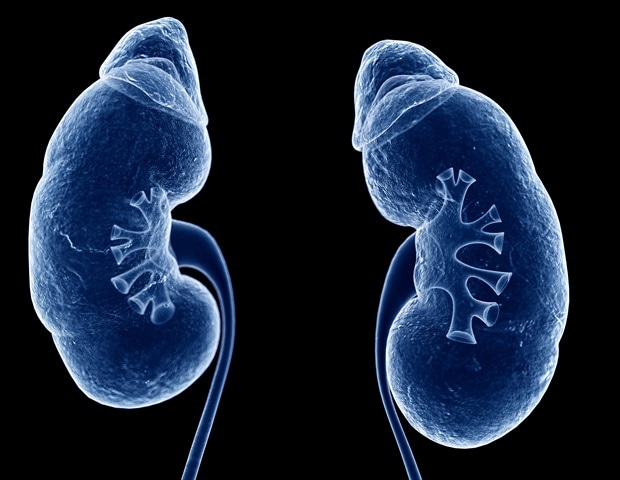
Hospital-acquired acute kidney damage (HA-AKI) is a standard complication in hospitalized sufferers that may result in power kidney illness and is related to longer hospital stays, increased well being care prices and elevated mortality. Given these adverse penalties, stopping HA-AKI can enhance hospitalized affected person outcomes. Nonetheless, anticipating HA-AKI onset is tough as a result of a lot of contributing elements concerned.
Researchers from Mass Normal Brigham Digital examined a business machine studying software, the Epic Danger of HA-AKI predictive mannequin, and located it was reasonably profitable at predicting threat of HA-AKI in recorded affected person information. The research discovered a decrease efficiency than these recorded by Epic Programs Company’s inner validation, highlighting the significance of validating AI fashions earlier than medical implementation.
The Epic mannequin works by assessing grownup inpatient encounters for the danger of HA-AKI, marked by predefined will increase in serum creatinine ranges. After coaching the mannequin utilizing information from MGB hospitals, the researchers examined it on information from practically 40,000 inpatient hospital stays for a five-month interval between August 2022 and January 2023. The dataset was in depth with many factors collected on affected person encounters, together with data similar to affected person demographics, comorbidities, principal diagnoses, serum creatinine ranges and size of hospital keep. Two analyses have been accomplished encounter-level and prediction-level mannequin efficiency.
The investigators noticed that the software was extra dependable when assessing sufferers with decrease threat of HA-AKI. Though the mannequin might confidently determine which low-risk sufferers wouldn’t develop HA-AKI, it struggled to foretell when higher-risk sufferers would possibly develop HA-AKI. Outcomes additionally different relying on the stage of HA-AKI being evaluated -;predictions have been extra profitable for Stage 1 HA-AKI in comparison with extra extreme circumstances.
The authors concluded general that implementation might lead to excessive false-positive charges and known as for additional research of the software’s medical affect.
We discovered that the Epic predictive mannequin was higher at ruling out low-risk sufferers than figuring out high-risk sufferers. Figuring out HA-AKI threat with predictive fashions might assist assist medical choices similar to by warning suppliers in opposition to ordering nephrotoxic drugs, however additional research is required earlier than medical implementation.”
Sayon Dutta, MD, MPH, lead research creator of Mass Normal Brigham Digital’s Medical Informatics group, and emergency drugs doctor at Massachusetts Normal Hospital
Supply:
Journal reference:
Dutta, S., et al. (2024). Exterior Validation of a Business Acute Kidney Damage Predictive Mannequin. NEJM AI. doi.org/10.1056/aioa2300099.


